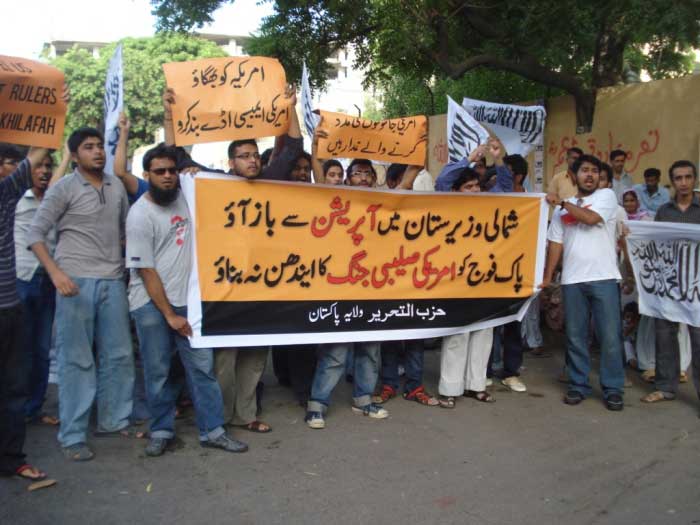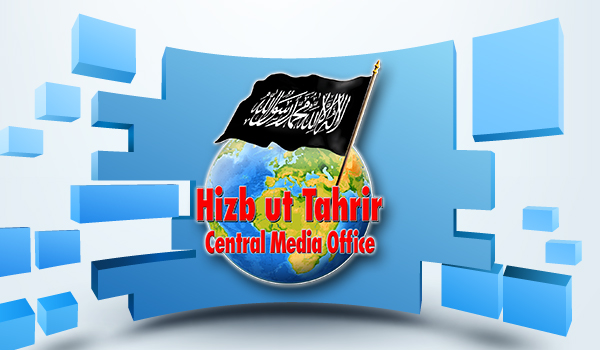Titles:
- British royalty dined on human flesh
- China threatens to dump the US dollar
- Clinton and NATO to Plan Libya Post-Qaddafi as Yemen Unravels
- European powers step up pressure on Syria
- US officials: Yemen leader heavily burned in blast
- Iran accuses US of planning to sabotage Pakistan N-facilities
- India: No 'assurance' on Lagarde IMF bid
News Details:
British royalty dined on human flesh
They have long been famed for their love of lavish banquets and rich recipes. But what is less well known is that the British royals also had a taste for human flesh. A new book on medicinal cannibalism has revealed that possibly as recently as the end of the 18th century British royalty swallowed parts of the human body. The author adds that this was not a practice reserved for monarchs but was widespread among the well-to-do in Europe. Even as they denounced the barbaric cannibals of the New World, they applied, drank, or wore powdered Egyptian mummy, human fat, flesh, bone, blood, brains and skin. Moss taken from the skulls of dead soldiers was even used as a cure for nosebleeds, according to Dr Richard Sugg at Durham University. Dr Sugg said: 'The human body has been widely used as a therapeutic agent with the most popular treatments involving flesh, bone or blood. 'Cannibalism was found not only in the New World, as often believed, but also in Europe. 'One thing we are rarely taught at school yet is evidenced in literary and historic texts of the time is this: James I refused corpse medicine; Charles II made his own corpse medicine; and Charles I was made into corpse medicine.''Along with Charles II, eminent users or prescribers included Francis I, Elizabeth I's surgeon John Banister, Elizabeth Grey, Countess of Kent, Robert Boyle, Thomas Willis, William III, and Queen Mary.'
China threatens to dump the US dollar
The dollar fell to a one-month low against a basket of currencies on Tuesday and a record low against the Swiss franc after a Chinese official said the greenback would continue to weaken versus other major currencies. The head of the international payment department at the Chinese forex regulator also warned about the risks of excessive holdings of U.S. dollars. The dollar index [.DXY 73.61 0.09 (+0.12%) ]fell to a low of 73.601, the lowest since May 5, while the greenback fell to 0.8328 Swiss francs on trading platform EBS a record low."China has been growing its share of U.S. securities quite aggressively in the past, and the threat that they will be selling these holdings has always been there," said Adam Myers, senior forex strategist at Credit Agricole."But this is not a credible threat as a sell-off will lead to a steepening of the U.S. yield curve which will hurt the U.S. and the Chinese, who are dependent on the U.S. economy. But I do agree that the dollar is headed lower in the long term."
Clinton and NATO to Plan Libya Post-Qaddafi as Yemen Unravels
Secretary of State Hillary Clinton heads to Abu Dhabi to discuss with NATO allies the outlook for Libya without Muammar Qaddafi. With North Atlantic Treaty Organization jets stepping up daytime strikes on the Libyan capital of Tripoli, the United Arab Emirates will host Clinton and other members of the 22- nation Libya Contact Group. President Barack Obama renewed his demand that Qaddafi leave as a growing chorus of world leaders predicted the demise of the Libyan dictator, who after a 42-year rule has failed to crush a popular uprising that began mid-February. Qaddafi "must step down and hand power to the Libyan people," Obama said yesterday at a joint news conference with German Chancellor Angela Merkel in Washington. "The pressure will only continue to increase until he does." NATO Secretary-General Anders Fogh Rasmussen said this week Qaddafi is now "part of Libya's past," signaling the time has come to start planning for the aftermath. Qaddafi remains in control of the capital, in the country's west, even though rebels are running most of eastern Libya. In London, U.K. Foreign Secretary William Hague told lawmakers in the House of Commons that the "Qaddafi regime is isolated and on the defensive." Merkel, standing next to Obama, said "Qaddafi needs to step down and he will step down."
European powers step up pressure on Syria
European powers are increasing pressure on the UN Security Council to break its silence on events in Syria following a bloody government crackdown on pro-democracy protests in the country. Britain, France, Germany and Portugal have circulated a draft resolution that would condemn the crackdown and demand an immediate end to the violence in Syria. However, the proposal falls short of calling for military action or further UN sanctions against the Syrian government. "The repression is getting worse. The massacres are on the rise. It is inconceivable that the United Nations remains silent on such a matter," Alain Juppe, the French foreign minister, said. "We are working with our UK friends to have as large a majority as possible on the Security Council. I think we have to move to a vote so that everyone can assume their responsibilities." But Russia, citing NATO's inconclusive bombing of the Libyan capital, Tripoli, said it would veto intervention against Syria in the Security Council.
US officials: Yemen leader heavily burned in blast
President Ali Abdullah Saleh was burned over 40 percent of his body and suffered bleeding in the brain from last weekend's attack on his palace, U.S. officials said, indicating his wounds were worse than initially reported. The revelation casts doubts on a quick return to Yemen and spells a deepening power vacuum. In the wake of Saleh's evacuation to Saudi Arabia for treatment, Yemen's violence escalated, with government troops battling Islamic militants and opposition tribesmen in two southern cities on Tuesday. The military said it killed 30 militants who were among a group that took over the city of Zinjibar last week amid the country's turmoil. Washington and Saudi Arabia are pushing Yemeni officials to seize the opportunity of Saleh's evacuation to immediately begin a transfer of power and formation of a new government. The U.S. ambassador in Sanaa spoke with Vice President Abed Rabbo Mansour Hadi, who is acting president, to press the American view, State Department spokesman Mark Toner told reporters Tuesday in Washington. Toner said he wasn't sure how long Saleh would undergo treatment in Saudi Arabia, or whether he still planned on returning. But he said Yemen needed to move forward in the meantime. "We need to see all sides moving forward on a constructive basis," he said.
Iran accuses US of planning to sabotage Pakistan N-facilities
Iranian President Mahmoud Ahmadinejad has accused Washington, Tehran's arch-foe, of planning to sabotage Pakistan's nuclear facilities. "We have precise information that America wants to sabotage the Pakistani nuclear facilities in order to control Pakistan and to weaken the government and people of Pakistan," he said at a press conference here on Tuesday. The United States would then use the UN Security Council "and some other international bodies as levers to prepare the ground for a massive presence (in Pakistan) and weaken the sovereignty of Pakistan," Ahmadinejad added, without elaborating. Pakistan is the only Islamic nation with nuclear weapons, and has close relations with Iran.
India: No 'assurance' on Lagarde IMF bid
India's finance minister has said there is "no assurance" the country will support French Finance Minister Christine Lagarde's bid to head the International Monetary Fund (IMF). Pranab Mukherjee's remarks came after a meeting with Ms Lagarde. Ms Lagarde was in Delhi on Tuesday on the latest leg of a world tour aimed at drumming up support for her bid. Emerging economies have voiced their concerns over the continuing hold of European nations over the IMF. Former IMF head Dominique Strauss-Kahn resigned amid US sex assault charges. Ms Lagarde met Prime Minister Manmohan Singh and Finance Minister Pranab Mukherjee during her day long visit to India. "There is no assurance [on supporting Christine Lagarde]. We are working on a consensus," Mr Mukherjee was quoted as saying by the state-run Doordarshan News after his meeting with Ms Lagarde. Mr Mukherjee said India "wants election of managing director of IMF to be on the basis of merit and competence and to be held in a transparent manner and not on any particular nationality".












